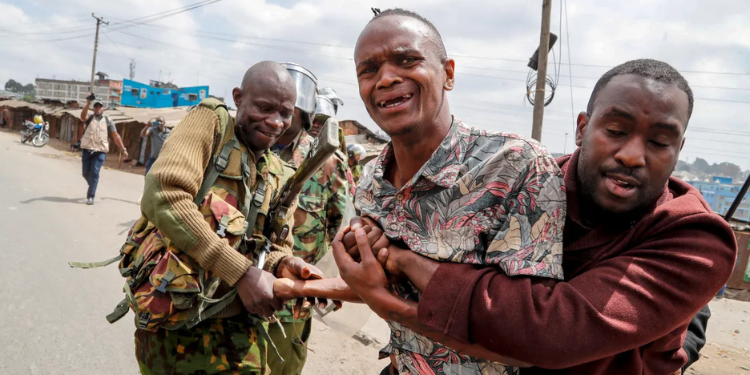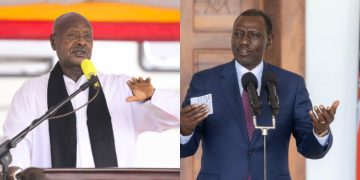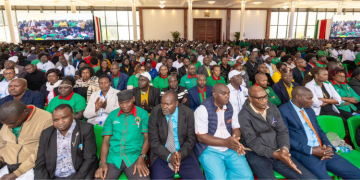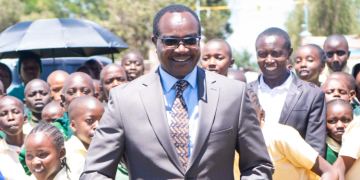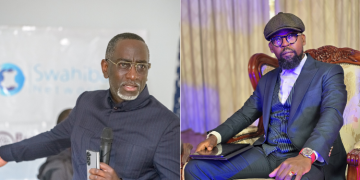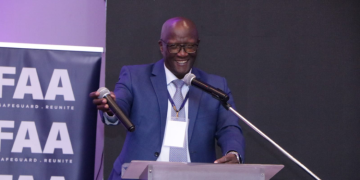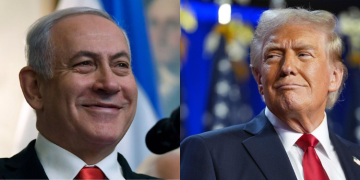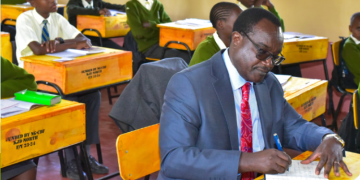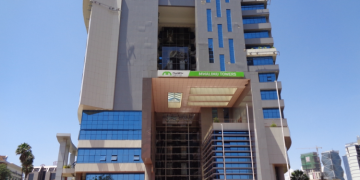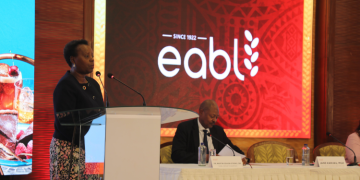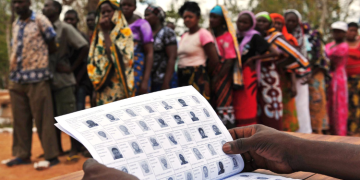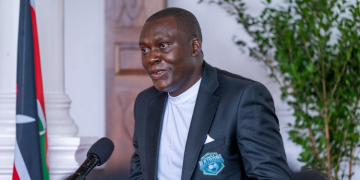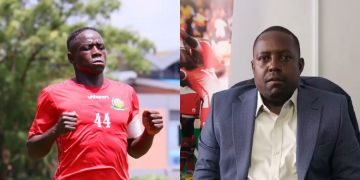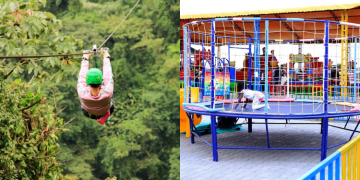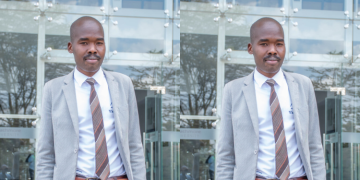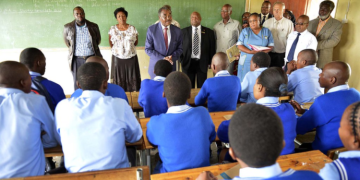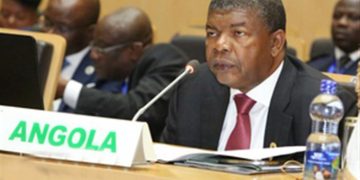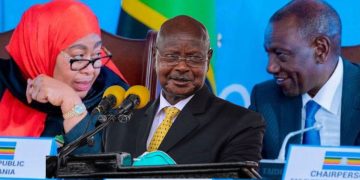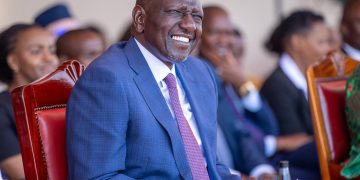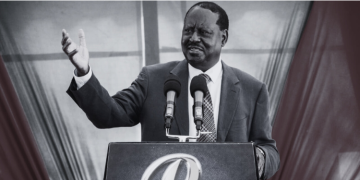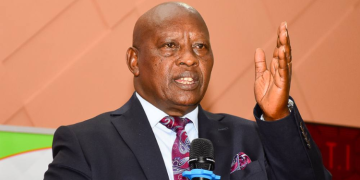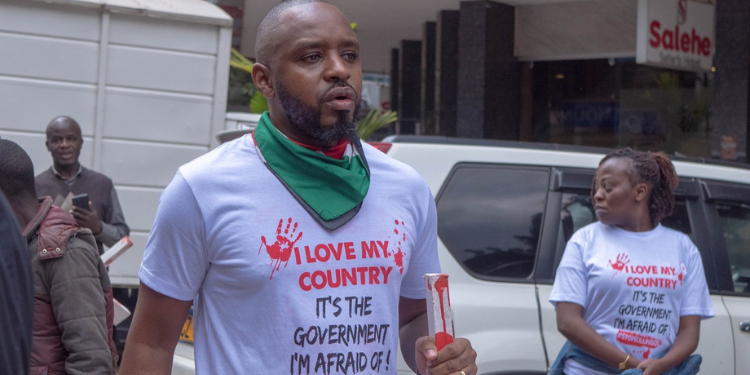ICJ Kenya has lashed out against the increasing political suppression and systemic violations of human rights in Kenya.
In a statement from the Pangani police station in Nairobi, the defenders criticized the troubling pattern of arbitrary arrests, trumped-up charges, and the use of the justice system to target peaceful protesters, activists, and youth.
Boniface Mwangi Arrest
Specifically, they cite the case of activist Boniface Mwangi, who was arrested after filing a case against government actions related to forced disappearances and human rights abuses.
“Activist Boniface Mwangi was arrested on Saturday, July 19, 2025, a day after filing a landmark case before the East African Court of Justice, seeking accountability from the governments of Kenya, Uganda, and Tanzania for his enforced disappearance, arbitrary detention, torture, inhumane treatment and indignity including physical and sexual violence two months ago,” the statement read.
Also Read: DCI Recovers Teargas and Ammunition at Boniface Mwangi’s Office
“The raid at his home and the subsequent arrest were undertaken without any evidence of necessary court orders and no guarantees of his rights as an accused person,” they added.
ICJ condemned the Kenyan government’s increasing authoritarianism, the weaponization of the justice system, and the criminalization of dissent.
ICJ Demands
ICJ Kenya has demanded a stop to politically motivated prosecutions by the Office of the Director of Public Prosecutions (ODPP).
The body also called for the defence of judicial independence by the Kenyan Judicial Service Commission (JSC).
ICJ demands the end of the criminalization of human rights defenders and activists, as well as transparency and accountability in legal actions and prosecutions.
“The systematic erosion of Kenya’s judiciary through brazen constitutional violations threatens to extinguish decades of hard-won democratic progress that has inspired liberation movements across our continent,” the statement read.
“What happens in Kenya reverberates throughout Africa, as when one democracy falls, we all become vulnerable.”
Poor show by Ruto
The human rights defenders have raised concerns about Ruto’s government using state power to undermine fundamental freedoms.
This includes the targeting of human rights defenders, activists, and youth who dare to protest or speak out.
ICJ has expressed alarm at how peaceful protests, which are constitutionally protected, have been criminalized, with protestors facing serious charges such as terrorism or arson, without any valid evidence.
Article 6 of the ICCPR guarantees the right to life, meaning no one shall be arbitrarily deprived of their life.
A shoot order targeting civilians would violate this fundamental right, especially if lethal force is used against non-threatening individuals.
Also Read: Sweden Govt Goes to Supreme Court Against Kenyan Employees
If a shoot-to-kill order is implemented under the government of President Ruto as per the previous order to “shoot-to-maim”, ICJ warns this will lead to unlawful killings and widespread violence against civilians.
The state would be violating international human rights obligations, particularly the right to life, as enshrined in the Universal Declaration of Human Rights (UDHR) and the ICCPR.
Kenya could face international legal scrutiny from bodies like the United Nations Human Rights Council, the ICC, or even through regional bodies like the African Union if these actions are deemed unlawful or part of a larger campaign of repression.
Countries or international organizations might impose sanctions or other measures to hold Kenya accountable for violations related to the shoot order, particularly if it is shown to violate international laws governing state conduct toward civilians.
Follow our WhatsApp Channel and X Account for real-time news updates.
